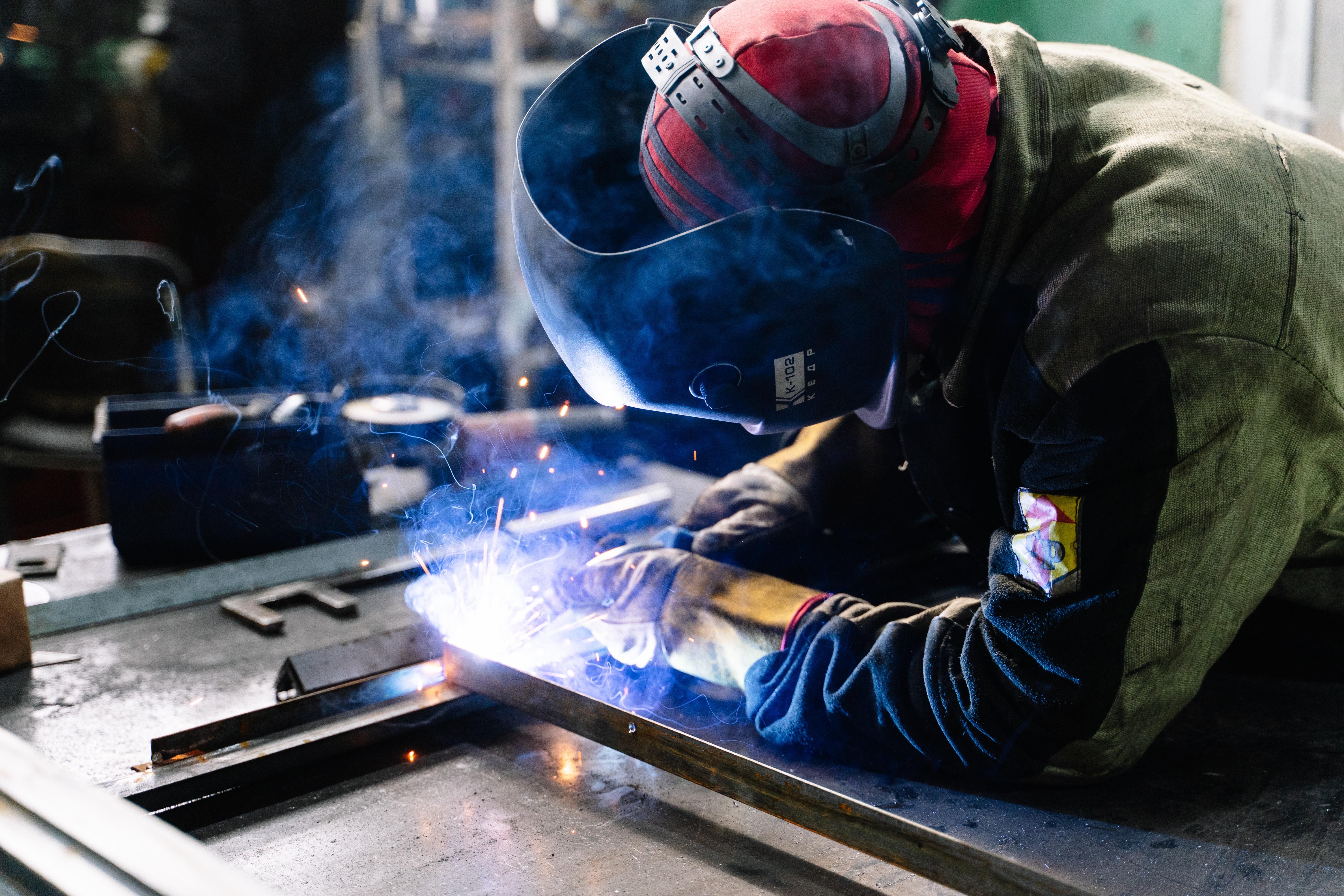-
Новости
- ИССЛЕДОВАТЬ
-
Страницы
-
Группы
-
Мероприятия
-
Статьи пользователей
-
Разработчики
What Is a CNC Lathe Machine and How Is It Used?

CNC lathe machines are a cornerstone of modern manufacturing, offering unmatched precision, speed, and repeatability. Whether in automotive, aerospace, medical, or electronics, these machines transform raw material into finished components with incredible accuracy.
In this guide, we’ll explain what a CNC lathe machine is, how it works, its key uses across industries, the different types available, and why it’s such an essential tool for manufacturers today.
What Is a CNC Lathe?
A CNC lathe (Computer Numerical Control lathe) is a machine tool that rotates a workpiece while a cutting tool removes material to shape it into precise dimensions.
Unlike manual lathes that require the machinist to control movements by hand, CNC lathes are programmed using G-code, allowing automated, consistent, and high-speed production of complex parts.
How CNC Lathes Work
1. Design and Programming
The process begins with creating a CAD (Computer-Aided Design) model of the part. CAM (Computer-Aided Manufacturing) software then converts this into a CNC program in G-code format.
2. Setup
The workpiece is secured in the chuck, and cutting tools are installed in the machine’s tool turret. The machine is calibrated to ensure proper alignment.
3. Execution
The CNC controller follows the program’s instructions, synchronizing the spindle rotation and tool movements to cut the material with extreme accuracy.
4. Finishing
Once machining is complete, the part may undergo deburring, polishing, or coating, depending on its final use.
This level of automation enables manufacturers to produce identical parts with tolerances often within microns, batch after batch.
Key Uses of CNC Lathe Machines
CNC lathes are used across industries that demand precision and consistency.
Automotive Industry
-
Engine components like camshafts, crankshafts, and piston pins
-
Transmission parts such as gears and shafts
-
Brake components including rotors and drums
Medical Industry
-
Surgical instruments such as forceps and drills
-
Orthopedic implants like bone screws and joint replacements
Electronics Industry
-
Connector housings and precision enclosures
-
Heat sinks for managing thermal performance
General Manufacturing
-
Custom fittings, couplings, and prototypes
-
High-volume production of cylindrical parts
Key Components of a CNC Lathe
Headstock
Houses the spindle and motor that rotate the workpiece. Built with high-precision bearings to minimize vibration.
Tailstock
Supports long workpieces and can hold tools like drills or centers.
Tool Turret
Rotating tool holder that enables quick, automated tool changes.
Chuck
Clamps the workpiece securely — available in three-jaw, four-jaw, or collet designs.
Bed
The rigid base of the machine, usually made from cast iron to absorb vibrations.
CNC Controller
The computerized control unit that reads G-code and executes precise movements.
Types of CNC Lathes
Choosing the right CNC lathe depends on part geometry, material, and production requirements.
Horizontal CNC Lathe
The most common type, ideal for long, cylindrical parts. Offers efficient chip removal.
Vertical CNC Lathe
Best for large, heavy workpieces that are easier to load vertically.
2-Axis CNC Lathe
Performs basic turning and facing operations — cost-effective for simpler parts.
3-Axis CNC Lathe
Adds milling or drilling capability for more complex geometries.
4-Axis CNC Lathe
Allows angled cuts and off-center machining without multiple setups.
5-Axis and Multi-Axis CNC Lathes
Enables advanced, intricate part production in a single setup — common in aerospace and high-precision industries.
Advantages of CNC Lathe Machines
-
High Precision – Maintains tight tolerances consistently.
-
Repeatability – Produces identical parts over thousands of cycles.
-
Versatility – Works with metals, plastics, and composites.
-
Efficiency – Automated operation reduces downtime and labor costs.
-
Complex Geometry Capability – Multi-axis movement enables intricate designs.
Choosing the Right CNC Lathe for Your Needs
When selecting a CNC lathe, consider:
-
Part Size – Match chuck size and bed length to your largest workpieces.
-
Material – Harder materials require more rigid machines with higher torque.
-
Production Volume – For high volumes, choose multi-axis machines with automatic tool changers.
CNC Lathe Machine Services by Kirmell
At Kirmell, we deliver high-precision components using advanced CNC lathe technology. Our capabilities include multi-axis machining, allowing turning, milling, and drilling in a single setup to save time and cost.
We work with metals, plastics, and composites to produce parts for automotive, aerospace, medical, and electronics industries. From one-off prototypes to high-volume production, every project is delivered to exact specifications.
Our services also include:
-
Design support to optimize manufacturability
-
Material selection guidance
-
Rapid turnaround for urgent projects
Ready to start your next machining project? Contact us today for a free quote and discover how Kirmell can deliver precision at scale.
Conclusion
CNC lathes are among the most versatile and precise tools in manufacturing. Their ability to produce complex shapes quickly and consistently makes them essential across multiple industries.
From 2-axis machines for basic turning to 5-axis multi-tasking systems for complex geometries, CNC lathes offer a scalable solution for both prototyping and production.
- Seo
- Art
- Causes
- Crafts
- Dance
- Drinks
- Film
- Fitness
- Food
- Игры
- Gardening
- Health
- Главная
- Literature
- Music
- Networking
- Другое
- Party
- Religion
- Shopping
- Sports
- Theater
- Wellness
- Business & Money

